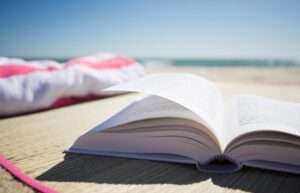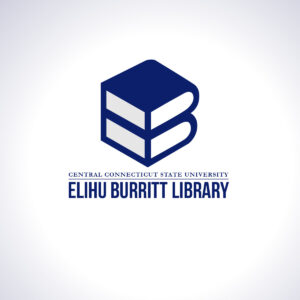
Thank you to everyone who signed the Declaration for the Right for Libraries yesterday afternoon! If you were not able to attend and wanted to sign the Declaration, you can still do so online at ilovelibraries.org, and you can read about the event in the New Britain Herald, in this article by Scott Whipple.
For those of you unfamiliar with the Declaration for the Right to Libraries, you can see that there are many reasons to sign!
LIBRARIES CHANGE LIVES
Declaration for the Right to Libraries
In the spirit of the United States Declaration of Independence and the Universal Declaration of Human Rights, we believe that libraries are essential to a democratic society. Every day, in countless communities across our nation and the world, millions of children, students and adults use libraries to learn, grow and achieve their dreams. In addition to a vast array of books, computers and other resources, library users benefit from the expert teaching and guidance of librarians and library staff to help expand their minds and open new worlds. We declare and affirm our right to quality libraries -public, school, academic, and special – and urge you to show your support by signing your name to this Declaration for the Right to Libraries.
LIBRARIES EMPOWER THE INDIVIDUAL. Whether developing skills to succeed in school, looking for a job, exploring possible careers, having a baby, or planning retirement, people of all ages turn to libraries for instruction, support, and access to computers and other resources to help them lead better lives.
LIBRARIES SUPPORT LITERACY AND LIFELONG LEARNING. Many children and adults learn to read at their school and public libraries via story times, research projects, summer reading, tutoring and other opportunities. Others come to the library to learn the technology and information skills that help them answer their questions, discover new interests, and share their ideas with others.
LIBRARIES STRENGTHEN FAMILIES. Families find a comfortable, welcoming space and a wealth of resources to help them learn, grow and play together.
LIBRARIES ARE THE GREAT EQUALIZER. Libraries serve people of every age, education level, income level, ethnicity and physical ability. For many people, libraries provide resources that they could not otherwise afford – resources they need to live, learn, work and govern.
LIBRARIES BUILD COMMUNITIES. Libraries bring people together, both in person and online, to have conversations and to learn from and help each other. Libraries provide support for seniors, immigrants and others with special needs.
LIBRARIES PROTECT OUR RIGHT TO KNOW. Our right to read, seek information, and speak freely must not be taken for granted. Libraries and librarians actively defend this most basic freedom as guaranteed by the First Amendment.
LIBRARIES STRENGTHEN OUR NATION. The economic health and successful governance of our nation depend on people who are literate and informed. School, public, academic, and special libraries support this basic right.
LIBRARIES ADVANCE RESEARCH AND SCHOLARSHIP. Knowledge grows from knowledge. Whether doing a school assignment, seeking a cure for cancer, pursuing an academic degree, or developing a more fuel efficient engine, scholars and researchers of all ages depend on the knowledge and expertise that libraries and librarians offer.
LIBRARIES HELP US TO BETTER UNDERSTAND EACH OTHER. People from all walks of life come together at libraries to discuss issues of common concern. Libraries provide programs, collections, and meeting spaces to help us share and learn from our differences.
LIBRARIES PRESERVE OUR NATION’S CULTURAL HERITAGE. The past is key to our future. Libraries collect, digitize, and preserve original and unique historical documents that help us to better understand our past, present and future.


